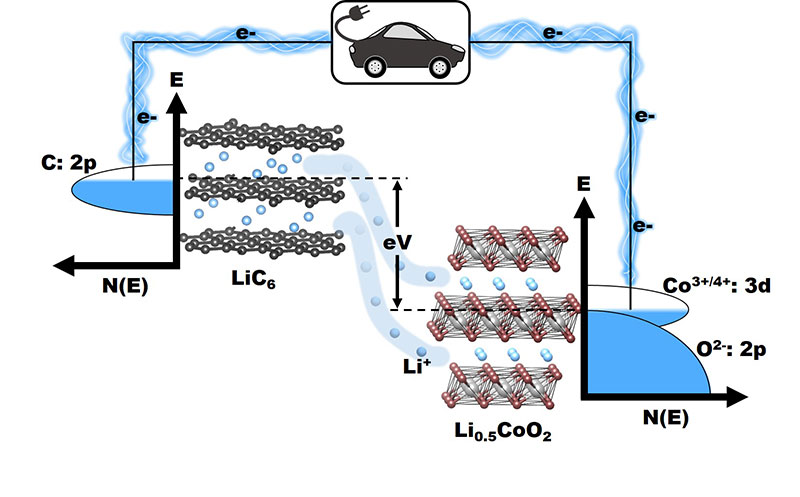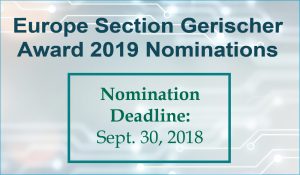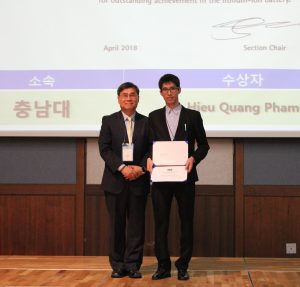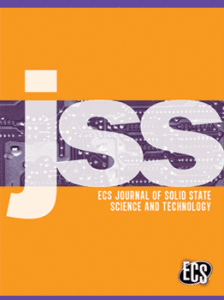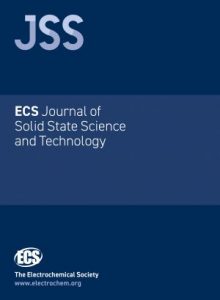 The ECS Journal of Solid State Science and Technology (JSS) (JSS) welcomes nominations for the role of Technical Editor in the topical interest areas of Carbon Nanostructures and and Materials and Processing. These vital editorial roles are integral to maintaining the journal’s high standards of scientific excellence and ensuring the success of its publication efforts.
The ECS Journal of Solid State Science and Technology (JSS) (JSS) welcomes nominations for the role of Technical Editor in the topical interest areas of Carbon Nanostructures and and Materials and Processing. These vital editorial roles are integral to maintaining the journal’s high standards of scientific excellence and ensuring the success of its publication efforts.
Scope of the roles
Carbon Nanostructures and Devices
Areas of interest include design and growth of conducting, semiconducting, and insulating carbon nanostructures including nanocarbons, nanotubes, graphene, and fullerenes. Specific topics include theoretical and experimental studies on nanotubes, graphene, and fullerenes for use in energy, catalytic, and sensor applications; electronic, photonic, electrochemical, and mechanical devices; functional materials, and chemical and physical functionalization of carbon nanostructures; supramolecular assemblies; biomedical devices; and environmental remediation. (more…)


